“The Anima and Animus Test: Discover Your Inner Opposite in 10 Questions”
One of Carl Jung’s most profound insights was that every person carries within them an image of the opposite gender—what he called the anima (feminine aspect in men) and animus (masculine aspect in women). This inner figure doesn’t just influence our dreams and creativity; it profoundly shapes who we’re attracted to and how we experience relationships.
But most of us are completely unconscious of our anima or animus. We project these inner figures onto others, especially romantic partners, without realizing it. This quiz will help you begin to recognize your own anima/animus patterns and understand how they might be showing up in your relationships.
Before You Begin: Understanding the Test
This assessment draws from multiple streams of depth psychology: Carl Jung’s original anima/animus theory, Jungian analyst Erich Neumann’s developmental model, John Beebe’s eight-function approach, and Hal and Sidra Stone’s Voice Dialogue insights about our multiple inner selves.
Neumann suggested that the anima and animus evolve through distinct stages throughout our lives, while Beebe showed how our psychological type structure influences which aspects of the contrasexual we project. The Stones’ work revealed that what we call anima/animus might actually be a collection of different inner selves that we’ve disowned and project onto others.
Understanding your current patterns can illuminate both your relationship dynamics and your path toward greater psychological wholeness.
Your most popular article on this topic goes deeper into how these projections specifically manifest in intimate relationships.
Important: This is not a diagnostic tool but rather a starting point for self-reflection. Authentic anima/animus work requires deep exploration, often with the support of a qualified therapist.
The Anima/Animus Assessment
For each question, choose the answer that most resonates with your experience, particularly in relationships:
Question 1: When you first meet someone you’re attracted to, what draws you most strongly?
A) Their physical appearance and sensual energy B) Their nurturing, caring nature or how they make you feel C) Their wisdom, creativity, or spiritual depth D) Their unique individuality and authentic self-expression
Question 2: In relationships, you tend to be most frustrated when your partner:
A) Doesn’t prioritize physical intimacy or pleasure B) Fails to provide emotional support or understanding C) Lacks depth, meaning, or spiritual connection D) Tries to change you or doesn’t accept your true self
Question 3: When you fantasize about an ideal partner, they are:
A) Passionate, sensual, and physically magnetic B) Protective, emotionally available, and devoted C) Wise, inspired, and spiritually connected D) Autonomous, authentic, and fully individuated
Question 4: In conflicts, you’re most likely to:
A) React impulsively or get caught up in emotional drama B) Become overly dependent on your partner’s approval C) Withdraw into intellectual analysis or spiritual bypassing D) Maintain your sense of self while working toward resolution
Question 5: Your relationship history includes:
A) Intense, passionate connections that often burned out quickly B) Comfortable, stable relationships where you might have lost yourself C) Intellectually stimulating partnerships that sometimes lacked grounding D) Balanced relationships with mutual growth and respect
Question 6: When single, you feel:
A) Restless, empty, or like something essential is missing B) Lost, like you don’t know who you are without a partner C) Contemplative but sometimes isolated or disconnected from others D) Complete in yourself while still open to partnership
Question 7: Your inner masculine/feminine voice tends to be:
A) Demanding, impulsive, or emotionally reactive B) Critical, anxious, or constantly seeking approval C) Judgmental, perfectionistic, or spiritually superior D) Wise, supportive, and encouraging of authentic growth
Question 8: In terms of personal development, you’re most drawn to:
A) Exploring your sensual, physical, or creative nature B) Understanding your emotions and relationship patterns C) Pursuing wisdom, meaning, or spiritual practices D) Integrating all aspects of yourself into a unified whole
Question 9: Your biggest fear in relationships is:
A) Being controlled or losing your freedom/passion B) Being abandoned or rejected C) Being misunderstood or forced to compromise your ideals D) Losing your individual identity while still maintaining connection
Question 10: When you think about your life purpose, it involves:
A) Experiencing life fully through your senses and emotions B) Creating security and emotional connection with others C) Pursuing truth, wisdom, or spiritual understanding D) Becoming your most authentic self while contributing to others’ growth
Scoring Your Results
Count your responses:
- Mostly A’s: Eve/Man of Action Stage
- Mostly B’s: Helen/Man of Feeling Stage
- Mostly C’s: Mary/Man of Meaning Stage
- Mostly D’s: Sophia/Wise Man Stage
Understanding Your Results
Eve/Man of Action Stage (Mostly A’s)
Your anima/animus is primarily focused on instinctual and sensual experience. You’re drawn to partners who embody raw vitality, passion, and physical presence. This stage emphasizes immediate experience over reflection.
From a Beebe Model perspective: If you’re a thinking or sensing type, you might be projecting your underdeveloped feeling or intuitive functions onto partners. John Beebe’s work shows that these shadow functions often carry an archetypal “child” or “trickster” energy—which explains both the excitement and chaos they can create in relationships.
Voice Dialogue insight: The Stones would say you’ve likely developed your “Responsible Self” or “Rational Self” while disowning your “Passionate Self” or “Spontaneous Self.” You’re attracted to people who live these disowned selves freely.
Gifts: You bring energy, spontaneity, and passion to relationships. You value authentic feeling and lived experience over abstract concepts.
Challenges: You might struggle with emotional regulation, get caught in projection cycles, or have difficulty with long-term commitment. Partners might feel overwhelmed by your intensity or emotional demands.
Growth path: Developing emotional awareness and learning to channel your passionate nature constructively. Shadow work meditations can help you integrate these intense energies rather than projecting them.
Helen/Man of Feeling Stage (Mostly B’s)
Your anima/animus seeks emotional connection and security. You’re attracted to partners who provide stability, understanding, and emotional attunement. This stage focuses on creating safe, nurturing bonds.
Beebe Model insight: You might be projecting your auxiliary or tertiary feeling function, or if you’re a thinking type, your inferior feeling function carries this archetypal energy. Beebe’s research shows that inferior functions often manifest with an intense, archetypal quality that can overwhelm both ourselves and our partners.
Voice Dialogue perspective: According to the Stones, you’ve likely overdeveloped your “Caretaker Self” or “Pleaser Self” while disowning your “Needy Self” or “Vulnerable Self.” You’re attracted to partners who seem to embody the emotional security you’ve never allowed yourself to fully need.
Gifts: You bring emotional intelligence, loyalty, and the capacity for deep, caring relationships. You understand the importance of emotional safety and mutual support.
Challenges: You might lose yourself in relationships, become overly dependent on partners for validation, or attract people who can’t meet your emotional needs. You may struggle with boundaries.
Growth path: Developing emotional independence while maintaining your capacity for connection. Learning to give yourself the emotional care you seek from others.
Mary/Man of Meaning Stage (Mostly C’s)
Your anima/animus is oriented toward wisdom, meaning, and spiritual connection. You seek partners who share your interest in growth, purpose, and deeper understanding of life.
Beebe Model application: This often represents projection of your tertiary or inferior intuitive function, or if you’re a sensing type, your underdeveloped intuition carries this transcendent quality. Beebe’s framework explains why these projections feel so numinous and important—they represent your psyche’s attempt to balance your dominant conscious functions.
Voice Dialogue understanding: The Stones discovered that people at this stage have typically developed their “Perfectionist Self” or “Spiritual Seeker Self” while disowning their “Ordinary Self” or “Material Self.” You’re drawn to partners who seem to embody wisdom and transcendence because you’ve learned to judge your own mundane, human aspects.
Gifts: You bring depth, wisdom, and a quest for meaning to relationships. You understand that love involves spiritual as well as emotional dimensions.
Challenges: You might intellectualize emotions, have difficulty with everyday practical matters, or expect partners to be as philosophically or spiritually oriented as you are. You may struggle with accepting human imperfection.
Growth path: Grounding your wisdom in practical love and accepting the full spectrum of human experience—both transcendent and mundane.
Sophia/Wise Man Stage (Mostly D’s)
Your anima/animus has achieved a more integrated and individuated expression. You seek partners who are also on a path of authentic self-development and can maintain their individuality within relationship.
Beebe Model achievement: You’ve likely begun integrating your shadow functions consciously rather than projecting them onto others. Beebe’s work shows that psychological maturity involves developing a conscious relationship with all eight cognitive functions, not just your dominant few.
Voice Dialogue integration: According to the Stones, you’ve developed what they call an “Aware Ego”—the ability to choose which of your inner selves to express in any given situation, rather than being unconsciously driven by just a few primary selves.
Gifts: You bring wisdom, balance, and the capacity for mature love that honors both connection and individuality. You understand that healthy relationships support rather than diminish personal growth.
Challenges: You might have high standards that are difficult to meet, struggle to find partners at a similar developmental level, or sometimes appear emotionally distant to others.
Growth path: Continuing to embody your wisdom while remaining open to learning and growth through relationship. Understanding that even integrated people have growing edges.
What Your Results Mean for Your Relationships
Understanding your anima/animus stage isn’t about judgment—each stage has gifts and challenges. The goal is to recognize your patterns and continue evolving. Here’s how to work with your results:
1. Recognize your projections: Notice how your anima/animus stage influences what you find attractive in others. Are you projecting developmental tasks onto partners?
2. Own your disowned qualities: What qualities do you seek in partners that you might develop within yourself?
3. Understand your relationship challenges: How might your anima/animus stage create difficulties in relationships? What patterns do you want to shift?
4. Support your growth: What would help you evolve to the next stage while honoring your current gifts?
[Links to: How Do Archetypes Show Up in Relationships – https://gettherapybirmingham.com/how-do-archetypes-show-up-in-relationships/]
Beyond the Test: Deepening Your Understanding
This assessment is just the beginning. True anima/animus work involves:
- Dream analysis: Notice how masculine/feminine figures appear in your dreams. Common shadow symbols in dreams often represent anima/animus content.
- Active imagination: Dialogue with your inner anima/animus figure using techniques from Jungian analysis
- Relationship pattern analysis: Examine your attraction and conflict patterns through the lens of projection
- Creative expression: Allow your anima/animus to express through art, writing, or movement
- Voice Dialogue sessions: The Stones’ approach offers direct methods for meeting and integrating your disowned selves
- Type-based exploration: Understanding your cognitive function stack reveals which functions carry your anima/animus projections
The goal isn’t to reach a “perfect” stage but to develop conscious relationship with all aspects of yourself.
Working with a Therapist
While self-assessment tools are valuable, anima/animus integration often benefits from professional support. A Jungian-trained therapist can help you:
- Explore your personal anima/animus through dreams and active imagination
- Understand how your family and cultural background shaped your contrasexual development
- Work through projection patterns that create relationship difficulties
- Support your individuation journey within the context of intimate relationships
- Apply Voice Dialogue techniques for direct self integration
- Understand your psychological type structure and how it influences your projections
Professional Jungian therapy provides the depth and support needed for this complex inner work.
Embracing Your Inner Opposite
Your anima or animus is not just a psychological concept—it’s a living part of your psyche that influences every relationship you have. By understanding and integrating this inner figure, you can:
- Choose partners more consciously
- Reduce projection and conflict in relationships
- Develop a more complete, balanced sense of yourself
- Experience more authentic intimacy and connection
The Integration Journey: Whether you approach this through traditional Jungian analysis, Voice Dialogue work, or understanding your psychological type, the goal is the same: developing conscious relationship with all parts of yourself.
Remember: the goal isn’t to eliminate your anima/animus or reach a “perfect” stage. It’s to develop a conscious, creative relationship with this aspect of yourself, allowing it to guide you toward greater wholeness and more fulfilling relationships.
Your anima or animus is your internal guide to becoming who you’re meant to be. Are you ready to listen?

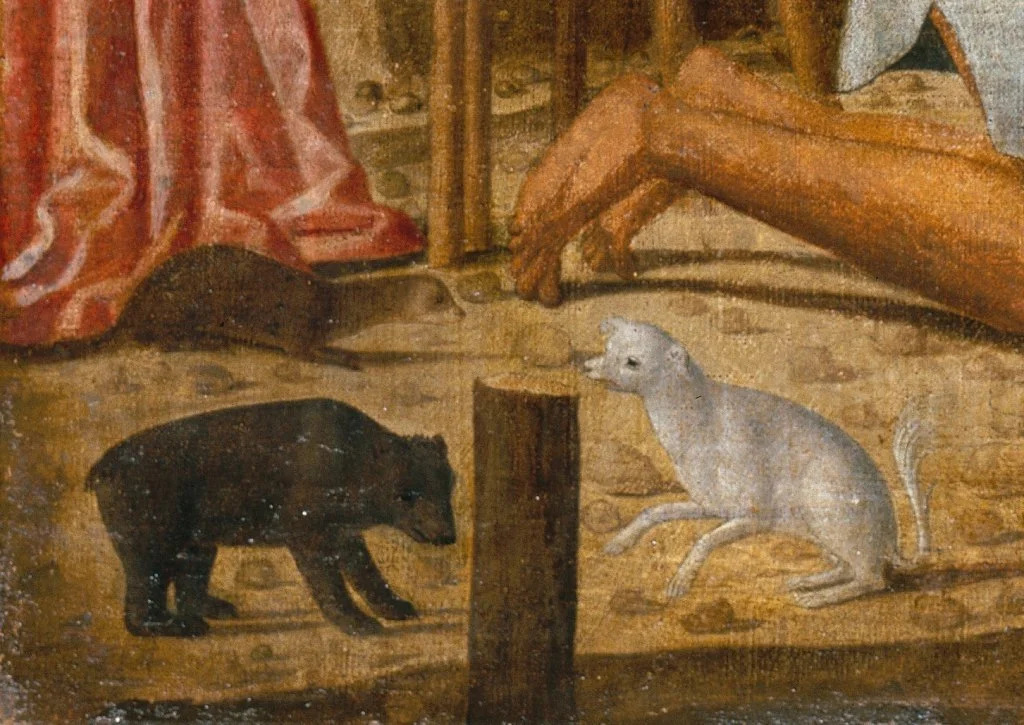

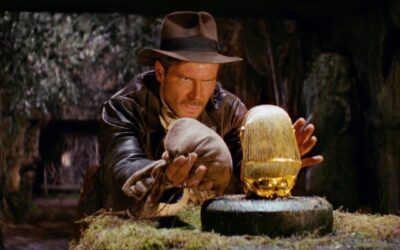
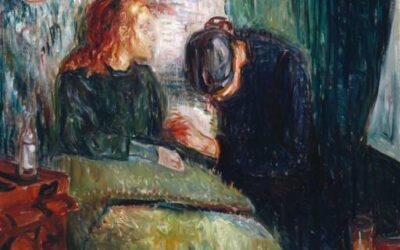


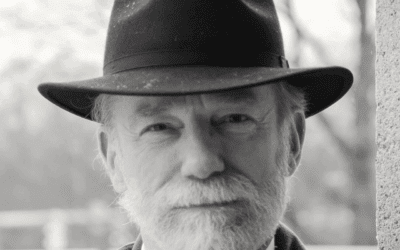
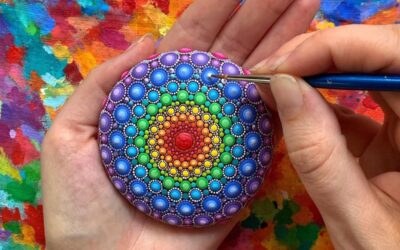
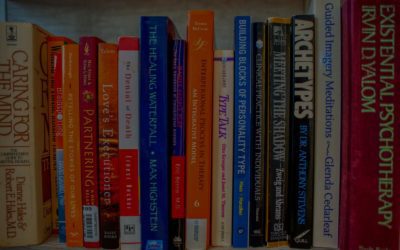






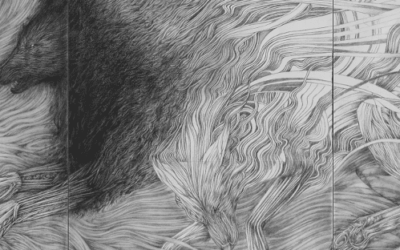










0 Comments